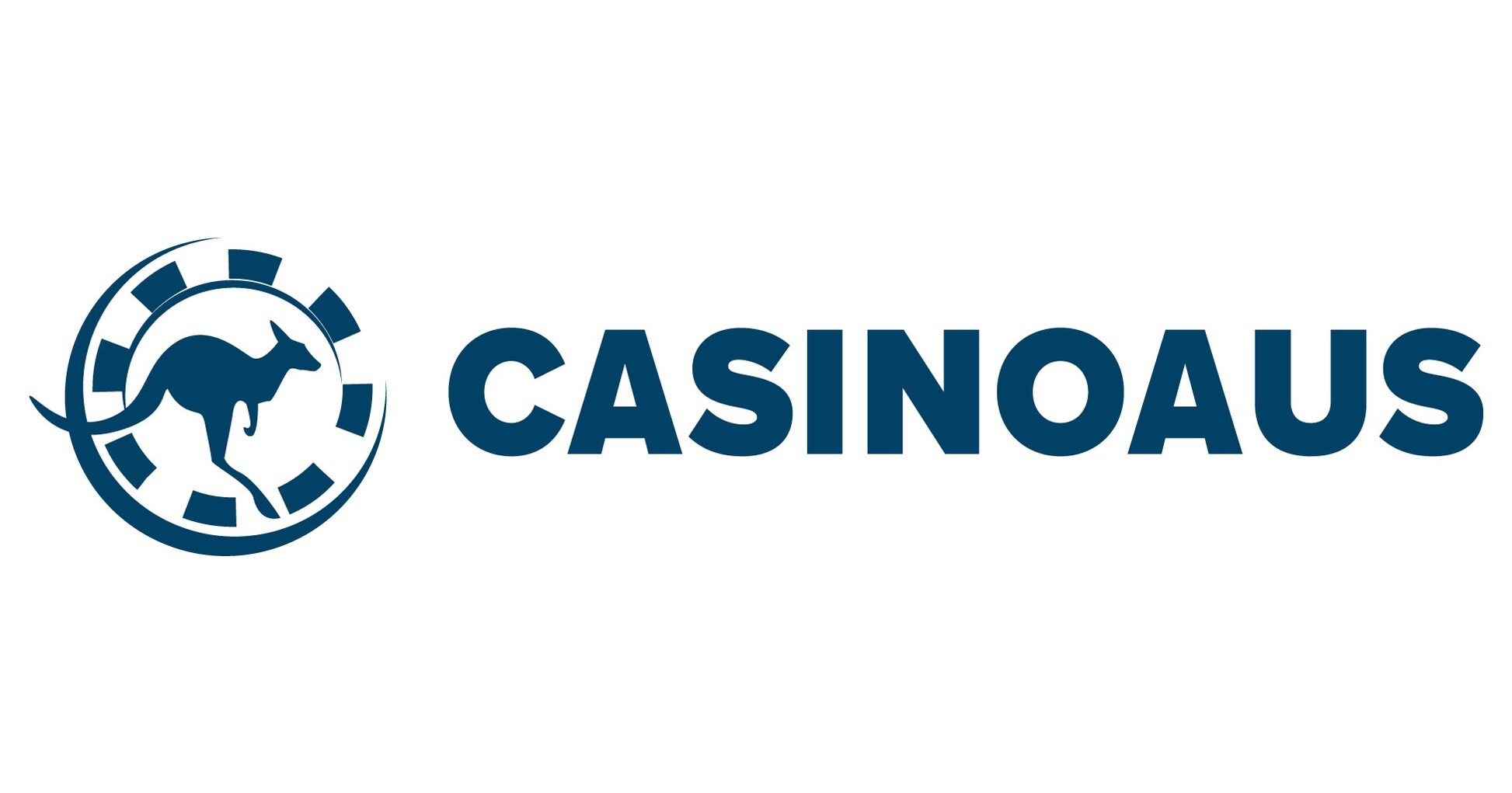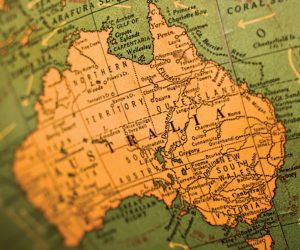Australians are spending more on lotto tickets than ever before despite cost of living crisis

- by Admin
- February 10, 2024
Australians are spending more on lotto tickets and scratchies than ever before, despite cost of living pressures biting into household budgets.
According to the most recently available data from Queensland’s Statistician’s Office, published in late 2023, Australians wagered or spent more than $7 billion on lotteries in the 2020-21 financial year.
That was up from $4.3 billion in 2010-11 and $3.4 billion in 2000-01.
The data includes several different kinds of lotteries, such as the various lottos, pools and instant scratch-its.
New South Wales residents spent the most at $1.9 billion, while Victorians spent $1.8 billion and Queenslanders spent $1.4 billion.
A new report from the Queensland Audit Office found Queenslanders lost more than $500 million to lotteries in 2022-23.
For Andrea McChrystal, 30, from Tara on Queensland’s Western Downs, about three hours west of Brisbane, the cost of living crisis is biting.
“We [recently] did some back to school shopping for supplies for the kids, and that was $130 within itself to make sure they’ve got a fortnight of snacks,” she said.
“I’m praying they don’t eat it over the weekend.”
But she spends a little bit on the lotto occasionally in the hope she might strike it rich.
“You’ve got to have hope, you’ve got to have faith,” she said.
Ms McChrystal said her two children, aged 8 and 5, had ADHD and ASD, while she suffered from several health problems, so hope was an important concept for her.
“That’s a day-to-day battle itself … so winning the lotto would be a game changer, to get better medical, better outcomes for the kids, better doctors, everything,” she said.
“We’ve just been affected by the bushfires … we actually only just got our power reconnected because the fires took down our power poles.
“Between that and the [recent] flooding it’s been a bit touch and go.”
It is that hope for a better life that drives people to enter lotteries, according to Associate Professor Alex Russell, from CQ University’s Experimental Gambling Research Laboratory.
“Everyone kind of does [lotto], rich people, poor people, men, women, a lot of people like the idea of winning a big jackpot,” he said.
“But we see that lower socioeconomic status people, in particular, are the ones who are drawn to it because it offers them a chance to dream what happens if their money problems go away.”
Tiny chance of winning
Dr Russell said while the negative impacts of lotto were not as prevalent as other forms of gambling, there was still only a one in 100 million chance that someone would win a large jackpot.
“That’s part of the problem. We’re pretty bad at interpreting and understanding those big odds,” he said.
“We just understand that it’s unlikely.”
Dr Russell said pokies were the most harmful form of gambling, followed by sports and race betting.
“It doesn’t mean that you’re not going to run into problems [with lotto],” he said.
“If you play the lotteries too much, if you sell your house to buy a bunch of tickets on a big jackpot, it’s probably not a great idea.”
Dr Russell said it might seem counterintuitive to spend money on lotto while under cost of living pressures as “you’re basically throwing money away”, but some people had a fear of missing out if their numbers came up during a draw they didn’t enter.
Providing a social connection
For newsagencies, especially those in regional and rural Australian towns that have lost local newspapers in recent years, lotteries are an important driver for bringing customers through the door.
Sally Bertolotti is the co-owner of a newsagency in Dalby, just west of Toowoomba.
Her town’s local newspaper, The Dalby Herald, was shut down by News Corp in 2020.
“[The lotto] does attract people in. It gets them in the shop, then they can have a look around the shop,” she said.
“A lot of people come in and talk about the cost of living and how hard it is. I think we give them a bit of hope.”
Ms Bertolotti said a lot of older customers missed the local paper, but still came in to buy lotto tickets and whatever else they might need.
“It just gives people other opportunities to come in,” she said.
In Queensland, according to the recent Queensland Audit Office report, of the $1.9 billion collected in gambling taxes and levies, 20 per cent of that was made up of lotteries taxes.
Dr Russell said historically, lotteries were used in Australia by governments to fund major projects such as the Sydney Opera House and harbour bridge.
Several lottery companies used to be owned by state governments, with Lotterywest in Western Australia still government-owned.
Get our local newsletter, delivered free each Wednesday
The Latest News
-
December 26, 2024Konstas, Kohli mid-pitch shoulder bump under microscope | cricket.com.au
-
December 26, 2024‘Clown behaviour’: Kohli blasted for ‘pathetic’ exchange
-
December 26, 2024Sports News Today Live Updates on December 26, 2024: India vs Australia BGT 2024-25: Sam Konstas shocks India with his remarkable debut | Watch
-
December 26, 2024WATCH: Kohli bumps Konstas in fiery MCG clash
-
December 25, 2024Australia to bat first at MCG in Boxing Day heat





